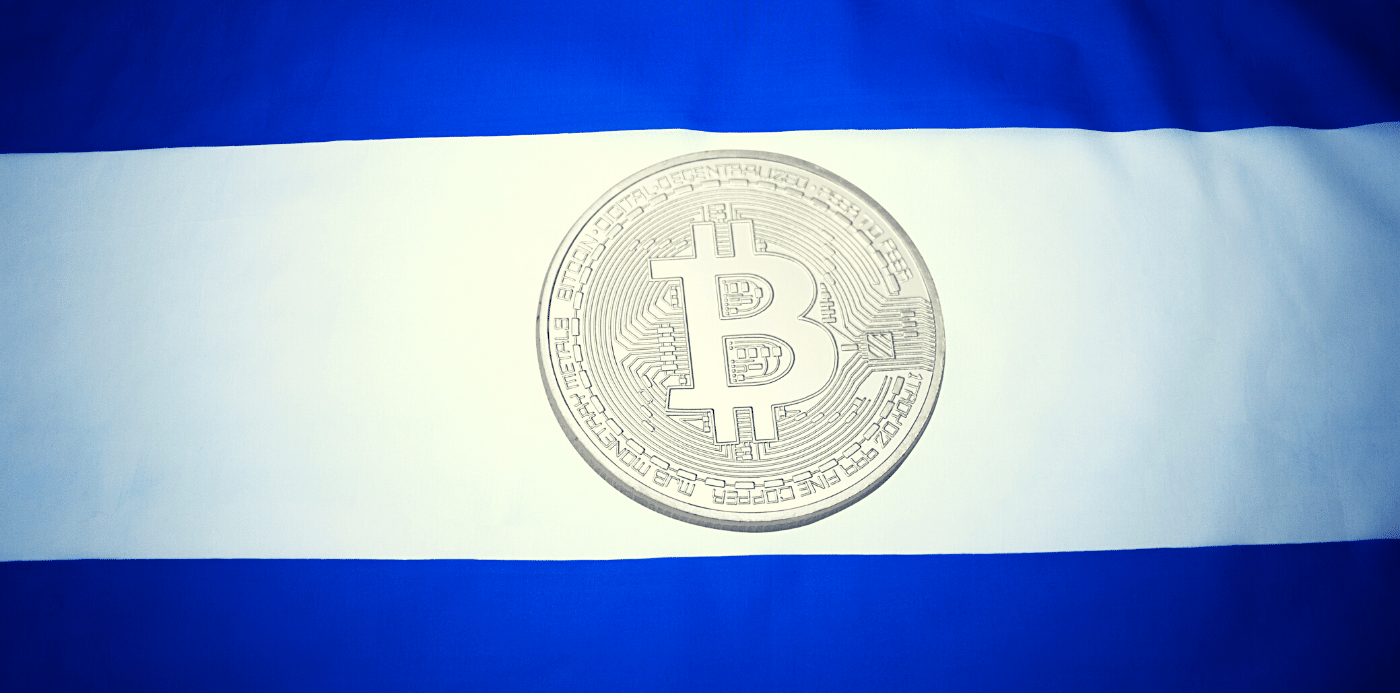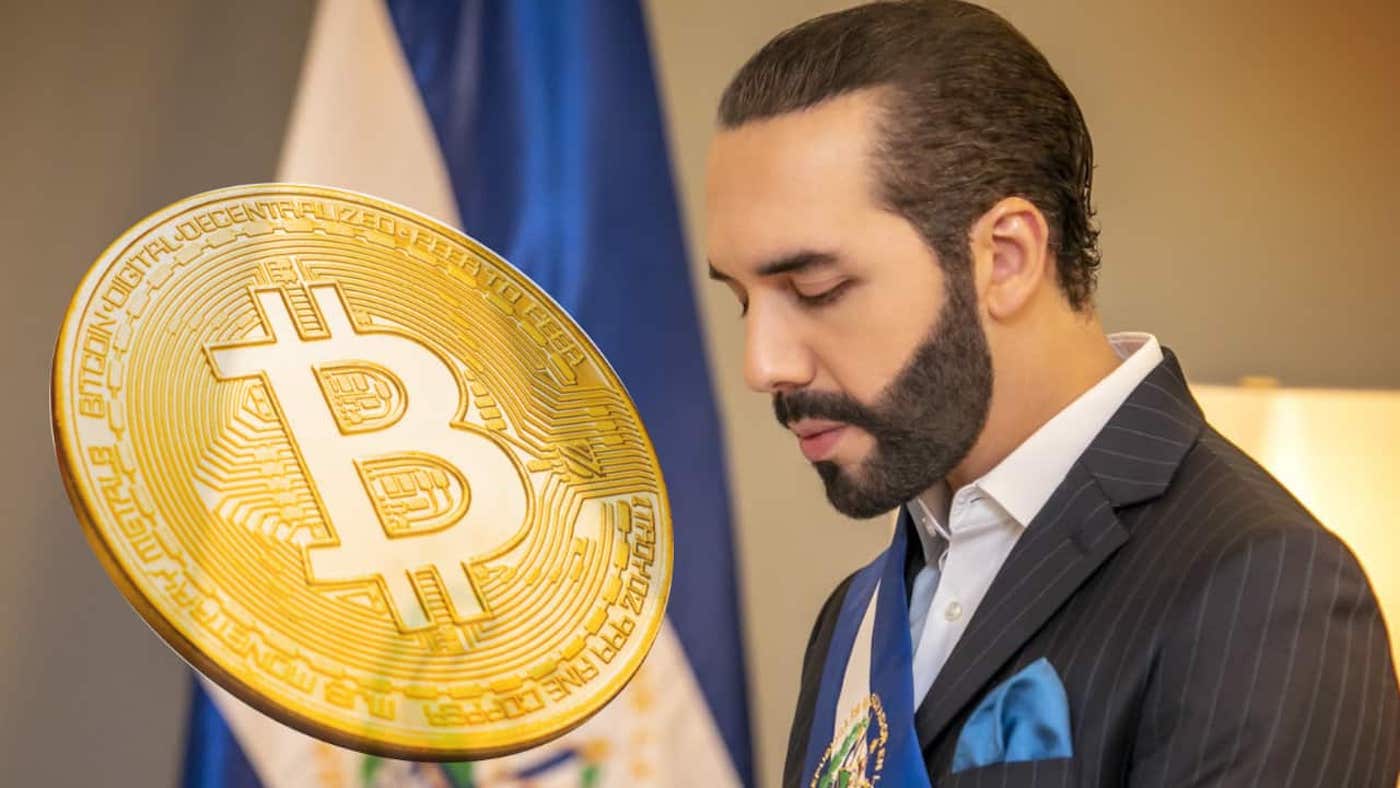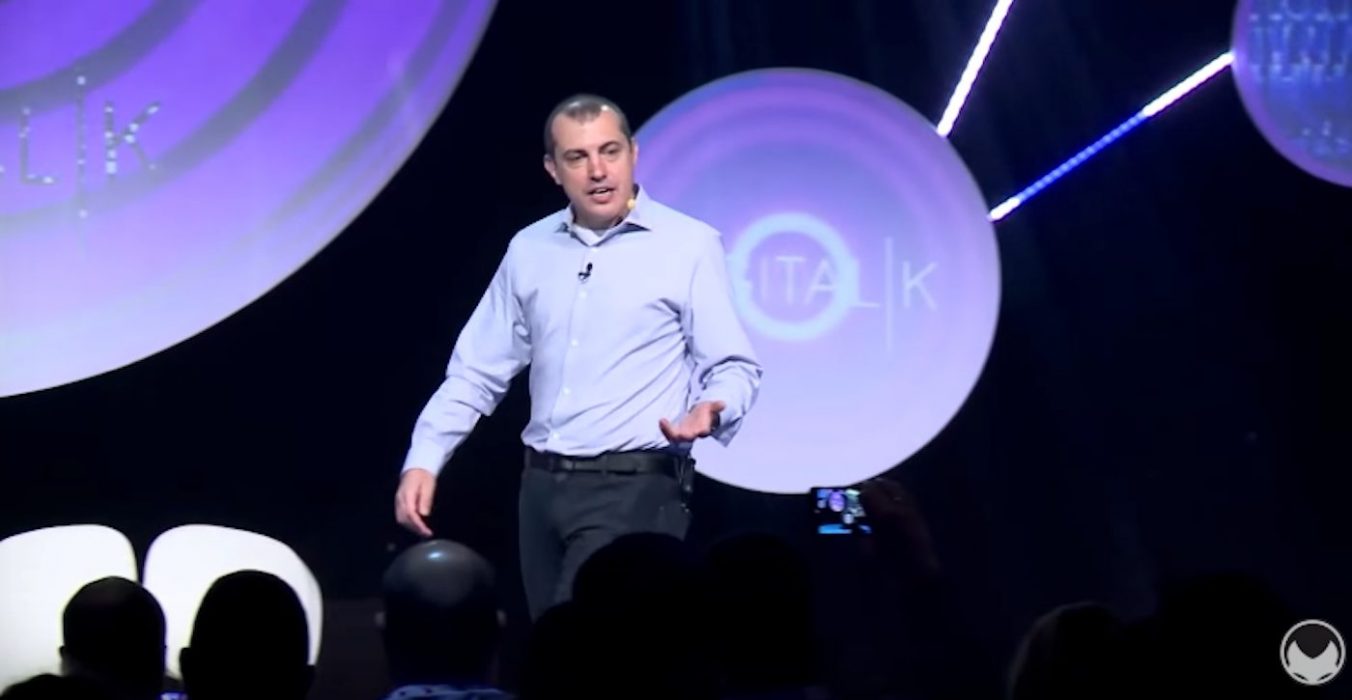In what’s widely viewed as a “never mind that mess, look over here” move, troubled social media giant Facebook is to spend US$50 million over the next two years on metaverse-related initiatives and partnerships.
Advocates of the metaverse, a system of shared online spaces used for social interactions, games and more, believe it will also help change the nature of work and offer new digital economic opportunities to users around the world.
But as decentralised projects try to create future online experiences free from oversight and control, it’s exactly the pervasive influence of centralised entities like Facebook they seek to avoid.
FB Attempts to Create a Diversion
In an attempt to diffuse criticism of its track record on user privacy and cultivating misinformation, Facebook vows it will build metaverse products “responsibly”. Australian journalist and digital consultant Abhishek Baxi summed up the reaction of many in the crypto community with this tweet:
We’ll work with experts in government, industry and academia to think through issues and opportunities in the metaverse. For instance, its success depends on building robust interoperability across services, so different companies’ experiences can work together. We also need to involve the human rights and civil rights communities from the start to ensure these technologies are built in a way that’s inclusive and empowering.
Facebook post, September 27
Facebook’s initial partners in the metaverse initiative include the Organisation of American States, Women in Immersive Tech, and African organisations Electric South, Africa No Filter and Imisi3D. It says it will also consult with researchers at Seoul National University, the University of Hong Kong, and the National University of Singapore on these efforts.
No Single Entity Can Rule the Metaverse
Facebook stresses it doesn’t intend to singlehandedly create or oversee the eventual metaverse. “The metaverse isn’t a single product one company can build alone,” tweeted Nick Clegg, Facebook’s Global Affairs VP. “Just like the internet, the metaverse exists whether Facebook is there or not. And it won’t be built overnight. Many of these products will only be fully realised in the next 10-15 years.”
Both Clegg and colleague Andrew Bosworth, Facebook Reality Labs VP and co-author of the company’s metaverse post, drew Twitter fire from digital media veteran Jason Kint:
Clegg and Sheryl Sandberg, Facebook’s operations chief, have effectively replaced Mark Zuckerberg as the company’s frontline promoters. In turn, last week Zuckerberg replaced his chief technology officer with Bosworth, a close friend and the company’s longtime head of hardware, in a move that underscores Facebook’s intended transition from troubled social media purveyor to futuristic tech provider.











